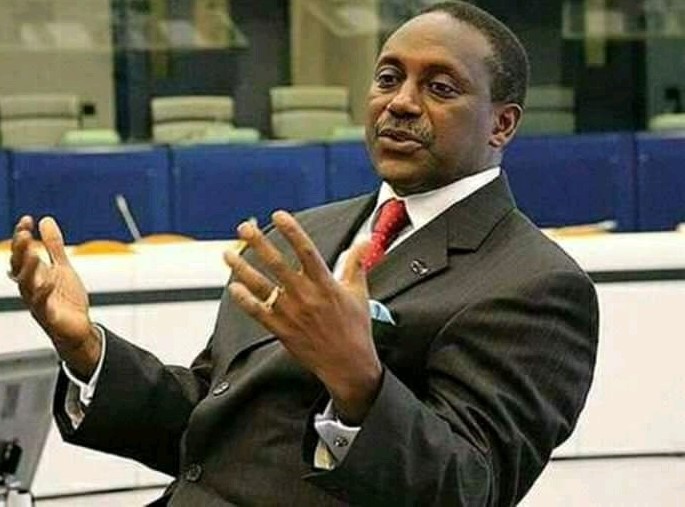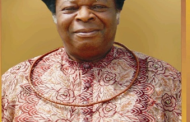This piece has a Sierra Leonean background but applicable to much of Africa – Intervention
By Yusuf Bangura PhD
“Thaimu Bangura’s PDP lost steam when it entered into an alliance with Tejan-Kabbah’s SLPP in 1996, and its key members later joined the APC when the PDP became moribund.
“The majority of Karefa-Smart’s UNPP parliamentarians decamped from Karefa-Smart and joined forces with Tejan-Kabbah’s SLPP in parliament in 1996-97. When Karefa-Smart expelled them from the party and selected new MPs based on the PR system that was in use, the expelled members and the SLPP parliamentarians suspended Karefa-Smart from parliament.
“This expulsion may explain why Karefa-Smart colluded with the AFRC in the wake of the overthrow of Tejan-Kabbah’s government by the military. Remnants of the UNPP later joined the APC to reclaim power in 2007.
“Similarly, the alliance between Charles Margai’s PMDC and Ernest Koroma’s APC in 2007 sounded the death knell of the PMDC in the South. The PMDC later fizzled out of the political calculus in Salone when Maada Bio’s SLPP won the 2018 elections and Margai was given a ministerial job.
“Third force parties are difficult to sustain in Salone because they are largely personalist outfits. Significantly, they emerge out of defections from the two main parties rather than from independent movements that see transformative change as a long drawn out struggle that may not yield immediate benefits to the founders of the parties.
“The historical record suggests that leaders of third force parties in Salone calculate in the short term and are ready to switch camps when new opportunities arise, or their new parties become a burden or constraint on their personal ambitions or calculations. All claim to put Salone ‘fos’ but are largely in it for themselves.
“The need to connect third force parties to the activities and interests of popular sector groups is profoundly sound. In a highly polarised ethno-regional polity or duopoly like ours, third force parties cannot compete with the established parties using ethnicity or region as a base.
“The duopoly of the two main parties can only be broken from a bottom-up type of politics that appeals to, and involves, common folk. And this takes time. Structural ties with common folk are built in the period between—not during—elections. Fine speeches, as we are accustomed to under the NGC, may not cut it because voters do not believe that politicians will deliver on their promises.
“In the absence of alternatives that credibly address their socio-economic interests, voters may opt to stick with the established politics of patronage that deliver benefits during the electoral cycle. Third force parties, which are new in the game, lack a track record to reverse such rational voter calculation. They can only earn it by getting involved in the programmes and grievances of the organised mass groups in their communities and workplaces.
“The NGC’s sudden demise may make it extremely hard to craft another serious third force party any time soon.”
The editor of the Sierra Leone Telegraph contacted Dr Yumkella for comments on the resignations by senior officials of his party. He said: “My brother, thanks for reaching out. The day will come for my rebuttal. There are times when even brothers have to agree to disagree. I have learnt to accept what I cannot change”




























